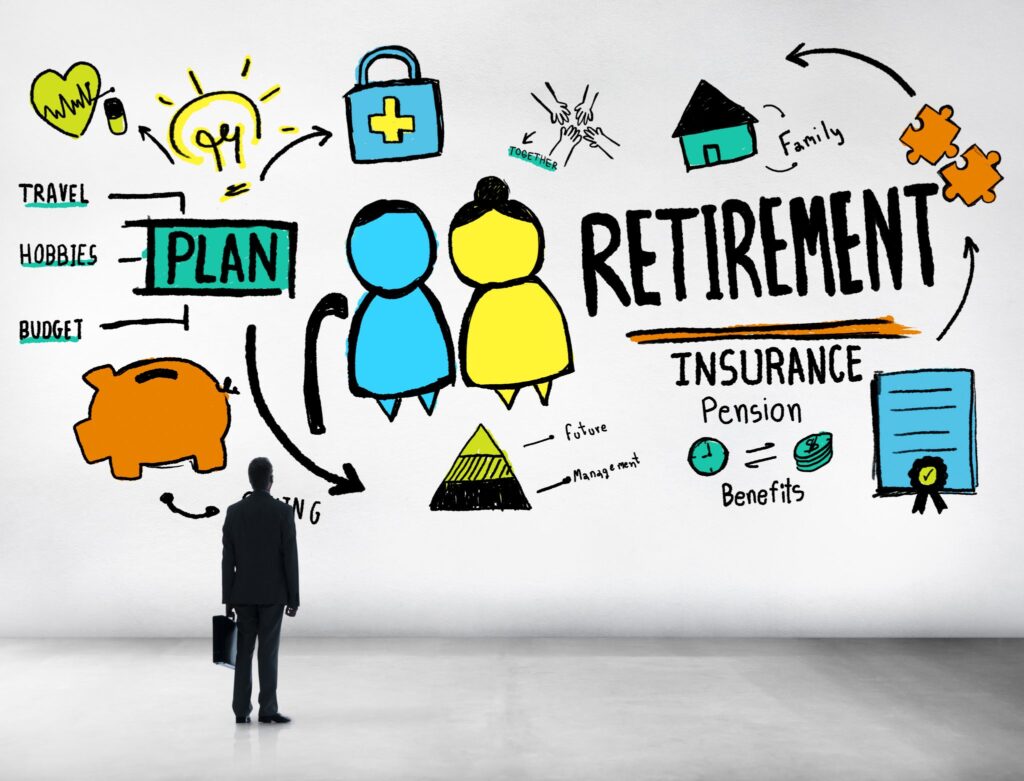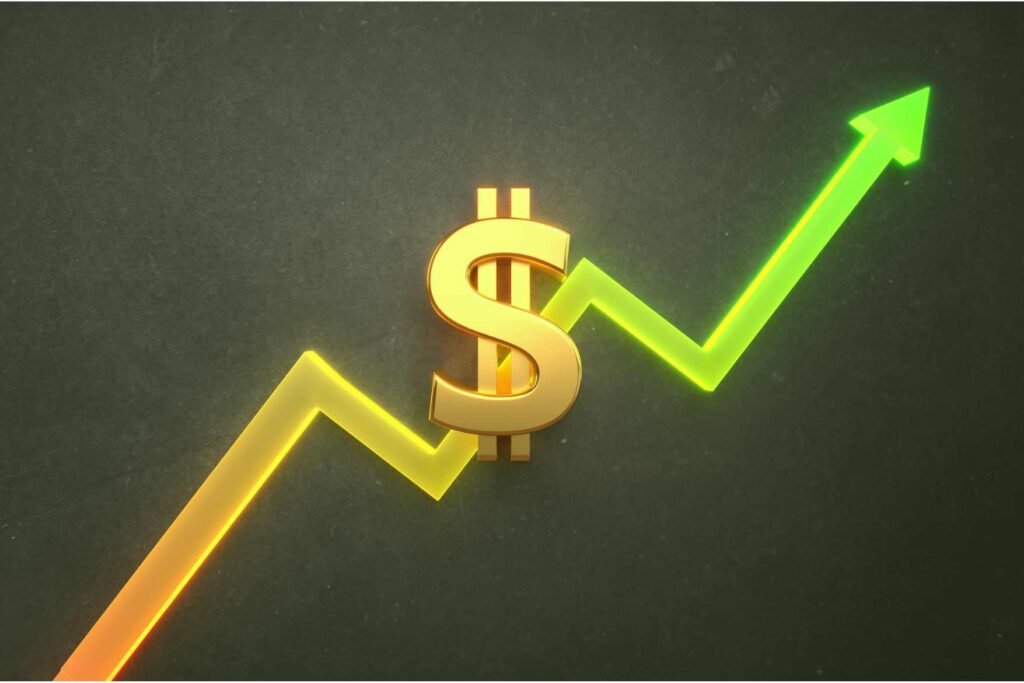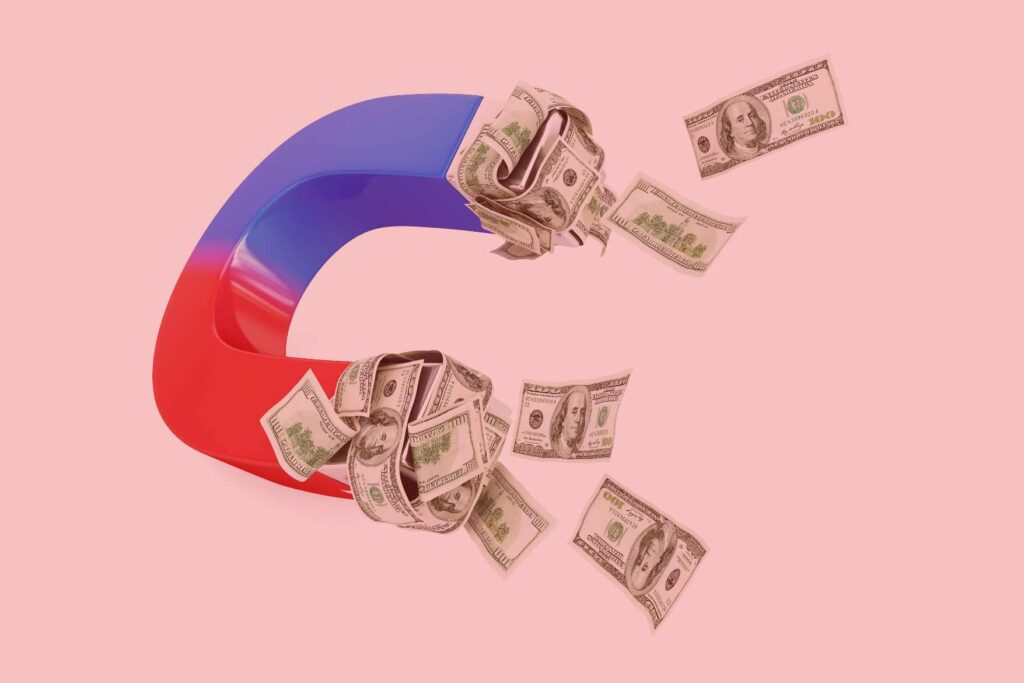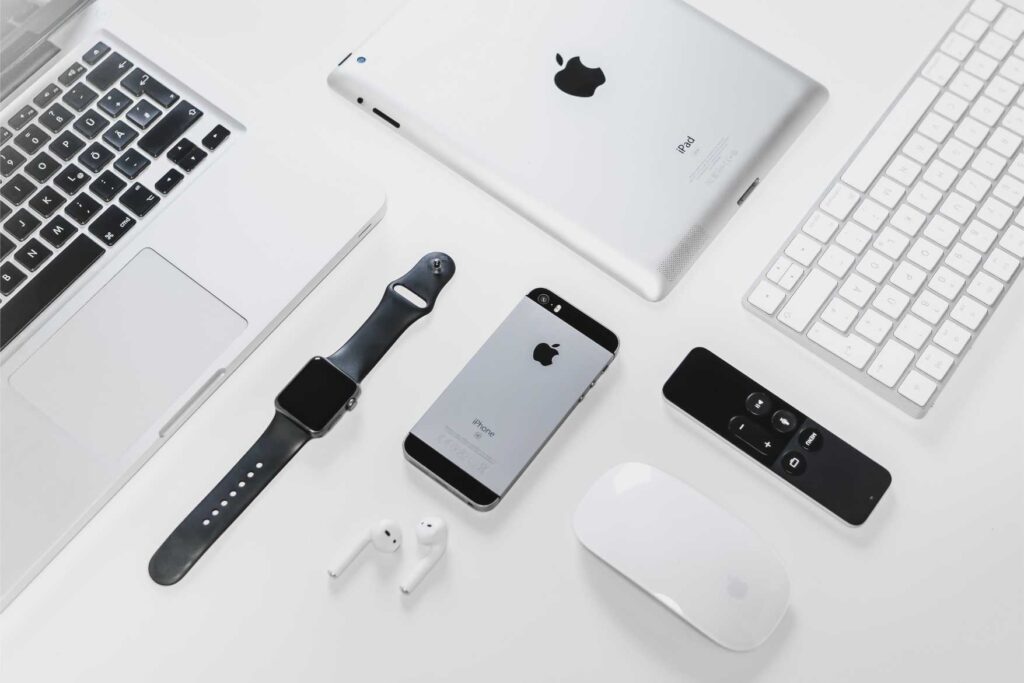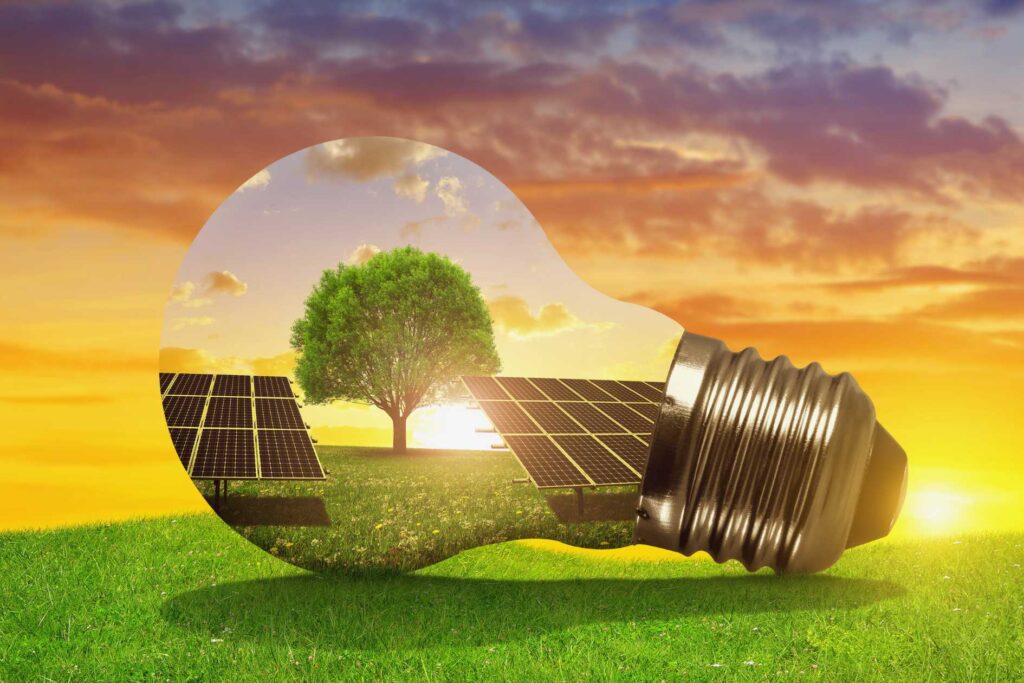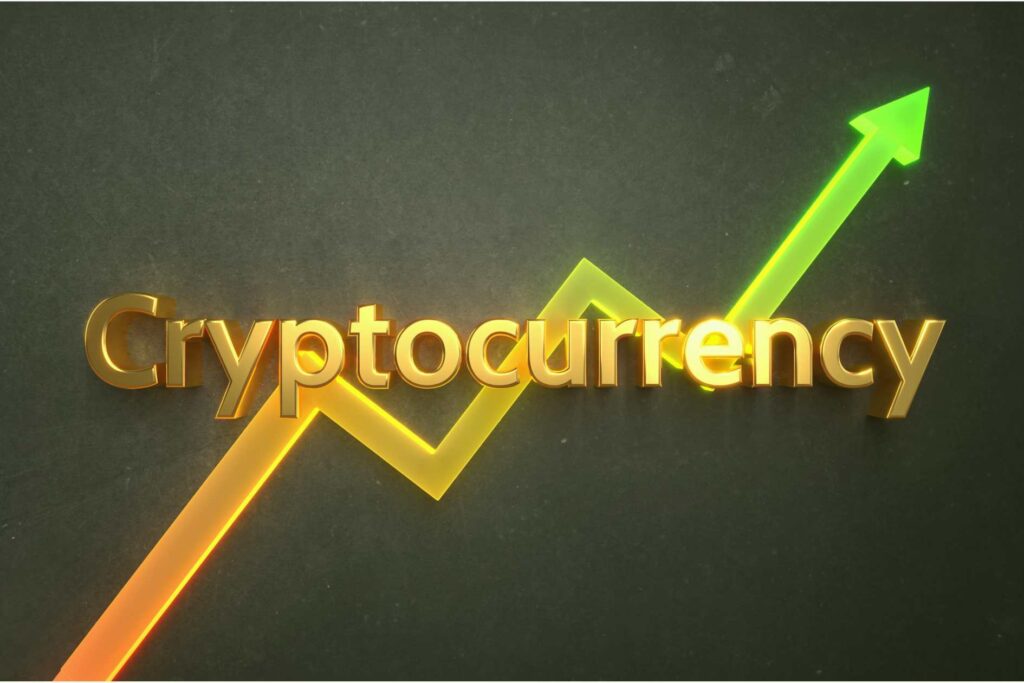Welcome to Financial Freedom Hub!
Unlock your path to a worry-free retirement with our expert team of financial advisors in Sydney.
At Financial Freedom Hub, we understand that every individual has unique aspirations and circumstances. Our certified retirement planners specialize in crafting comprehensive retirement planning strategies designed to maximize your savings and secure your future. With a keen eye on the Australian financial landscape, we provide insights and recommendations that align with local regulations and market trends.





